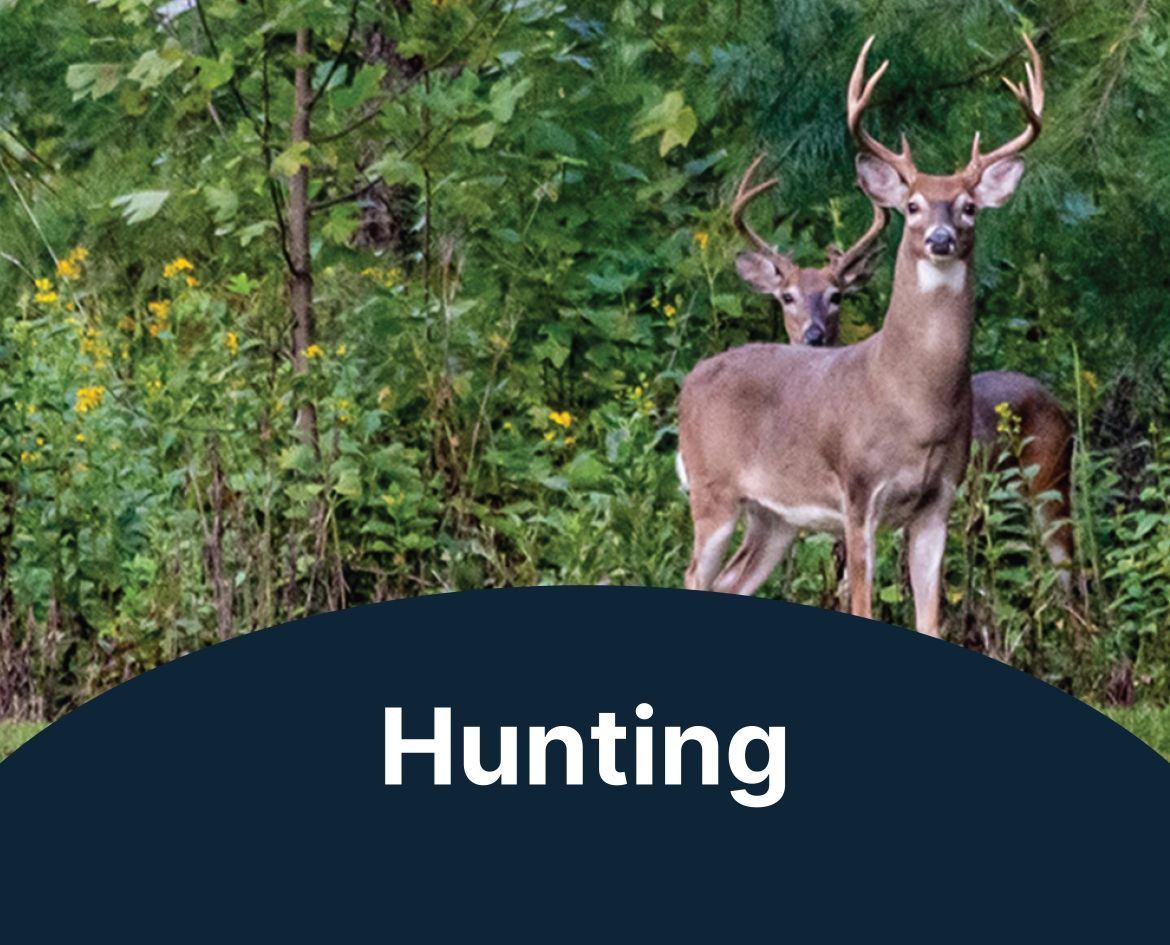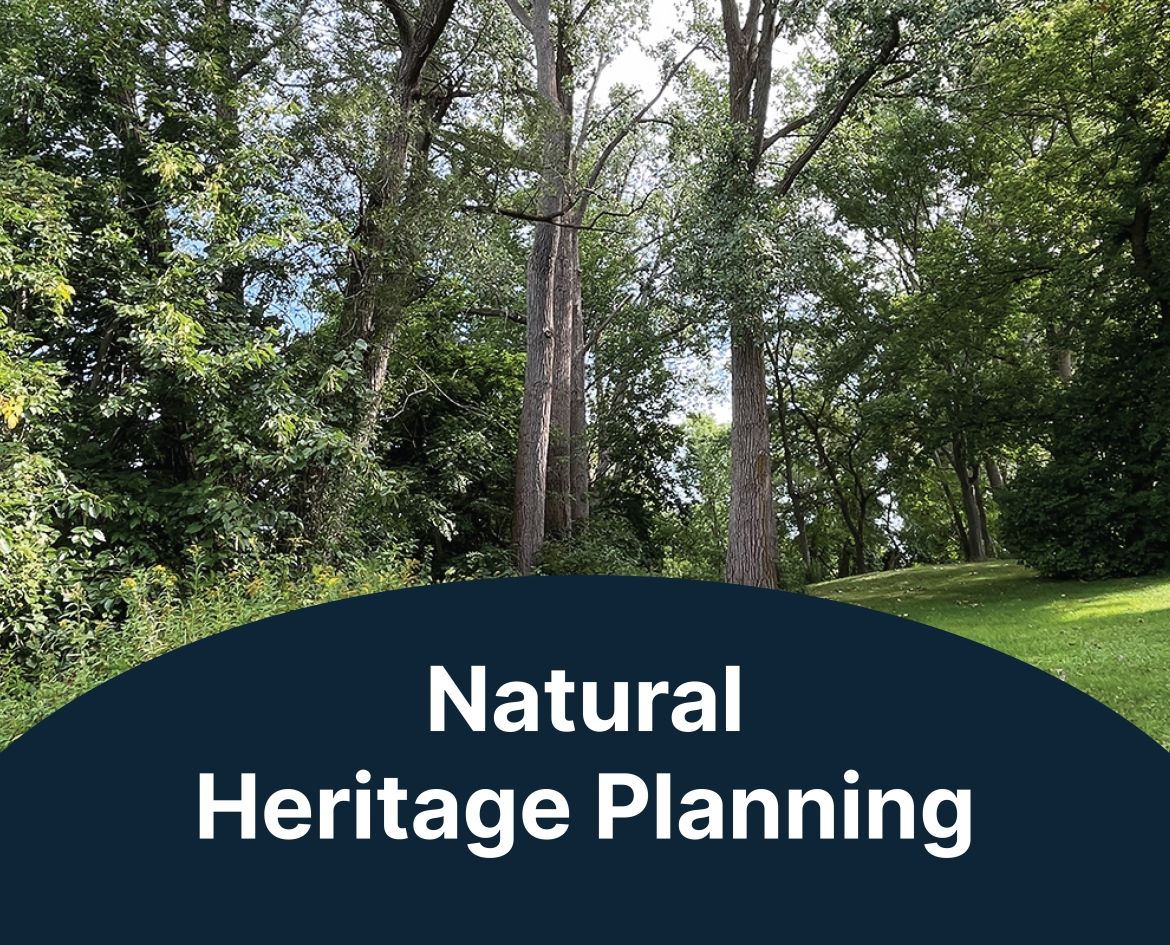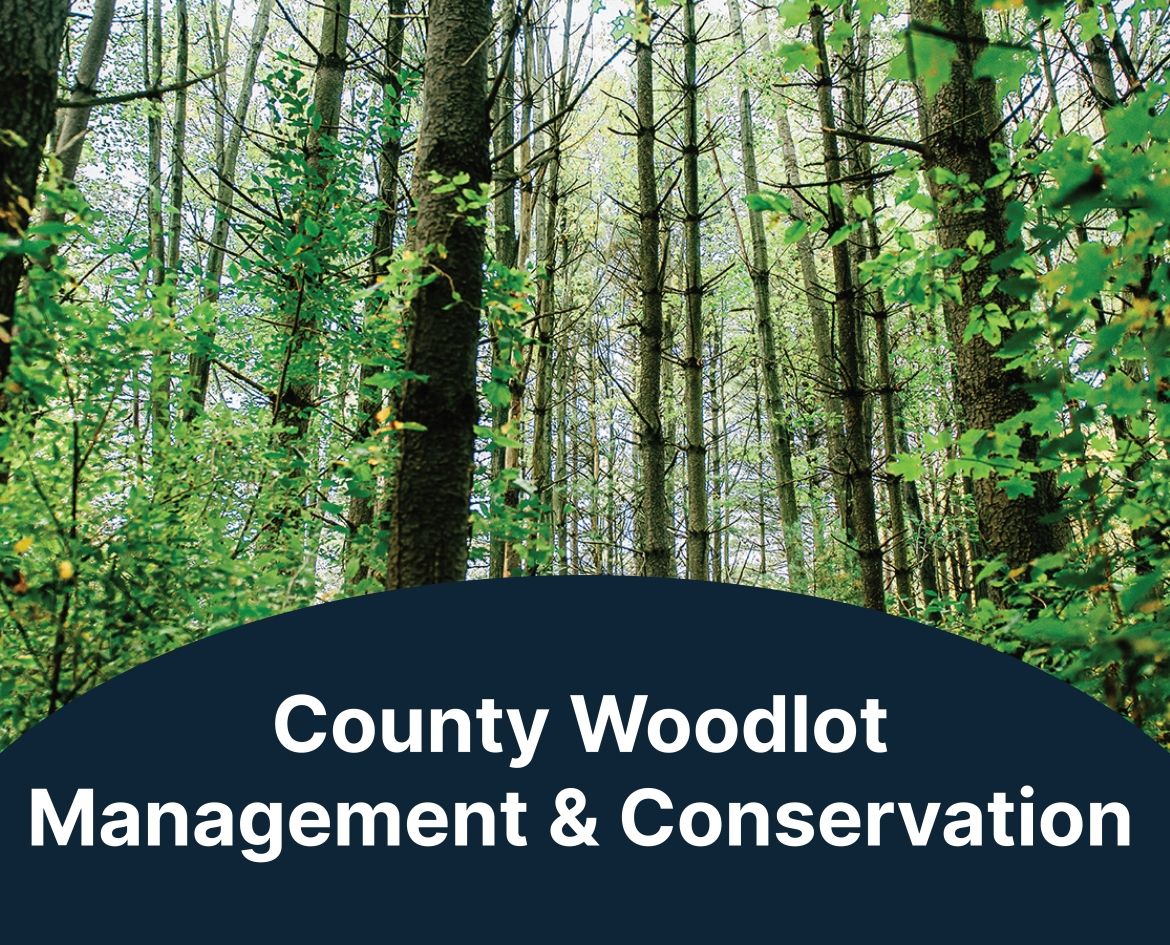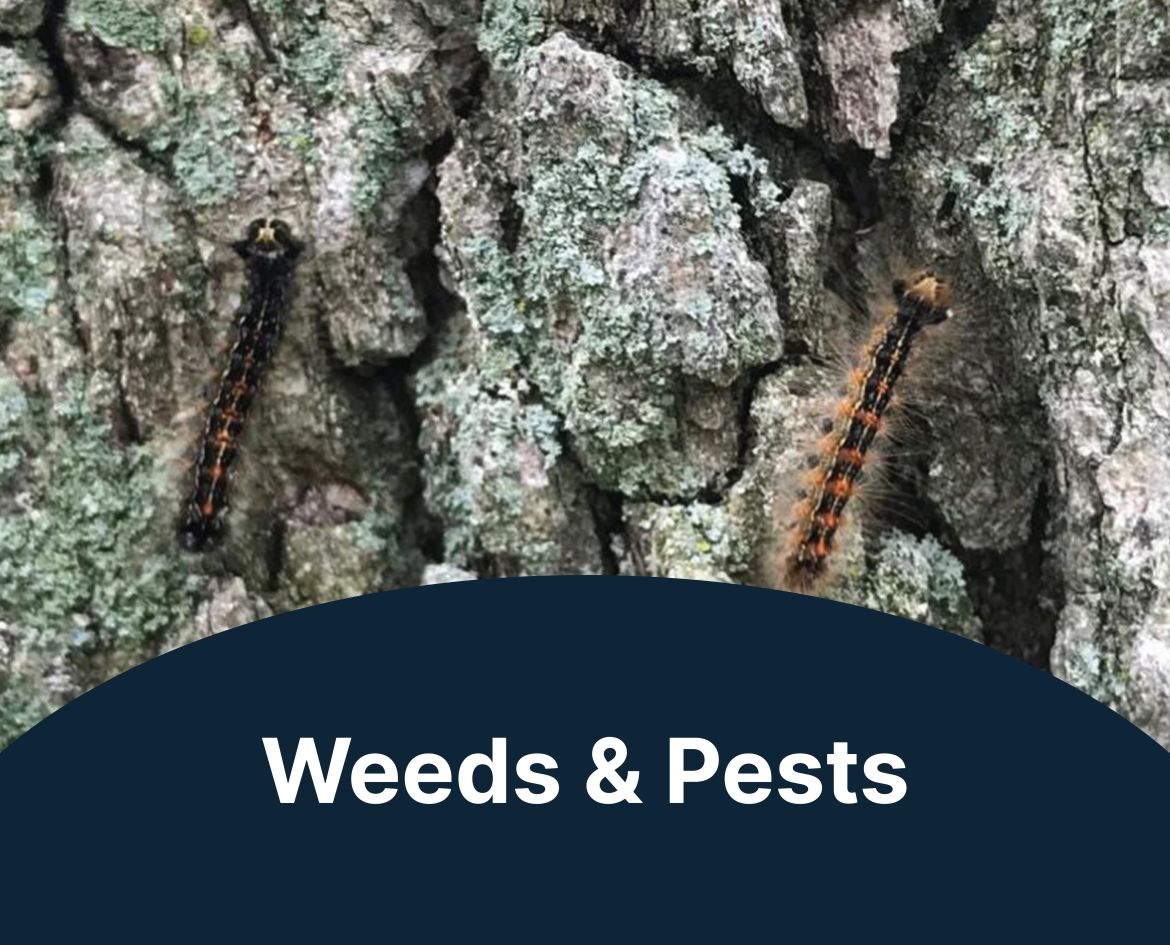
The County of Middlesex owns and manages the County Forest which consists of 1040 hectares (2500 acres) within 27 tracts. See below and find out all of the services the Department of Forestry and Natural Heritage provides.
On January 14, 2025, Middlesex County Council passed a new Woodlands Conservation By-Law No. 7314. |

The County’s Woodlands Conservation Bylaw No. 7314, passed under the Municipal Act, regulates the destruction or injuring of trees within woodlands on private property to prevent deforestation, overharvesting and to promote good forestry practices. For more information visit Woodlands Conservation By-Law.

Hunting is permitted in all woodlots owned by the County of Middlesex. Hunting is regulated under the authority of the Ministry of Natural Resources & Forestry. Go to our Hunting page to learn more.


Middlesex County is fortunate to have a wide range of multi-use County owed Woodlands found throughout the county. If you are looking get out for a hike we have you covered. More information on County Woodlands Recreation & Trails is coming soon!

Natural Heritage Planning establishes a County-wide comprehensive view of significant natural heritage features. Go to our Natural Heritage Planning page to learn more.

Middlesex County currently owns 2,500 acres of woodlands. The County Forest is managed in accordance with a 20‐year Management Plan and five‐year operational plans. Go to our County Woodlot Management & Conservation page to learn more.

The Weed Control Act regulates noxious weeds growing in close proximity to agricultural crop lands and commercial horticultural lands. Go to our Weeds & Pests page to learn more.
